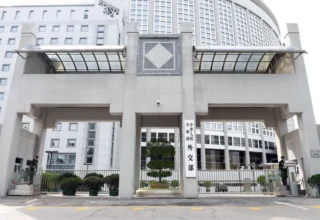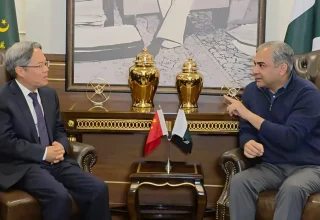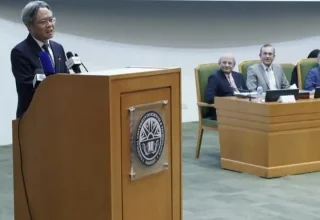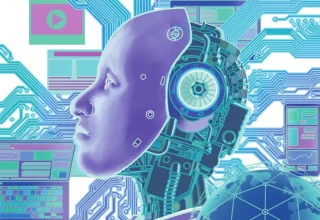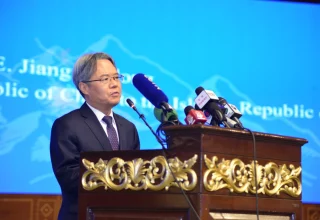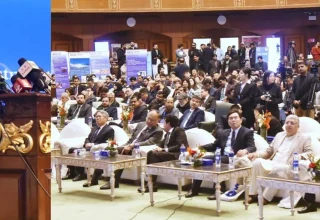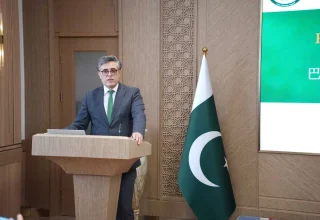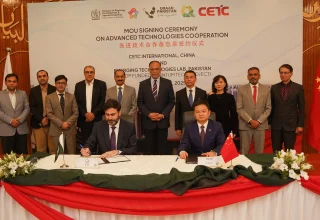
ISLAMABAD (Internews): A high-level delegation from the China Electronics Technology Group Corporation (CETC)—a leading Chinese state-owned conglomerate—called on Federal Minister for Planning, Development and Special Initiatives, Prof. Ahsan Iqbal, to discuss avenues of cooperation in the field of advanced and emerging technologies.
During the visit, a Memorandum of Understanding (MoU) was signed between CETC and the Emerging Technologies Lab, a PSDP-funded project of the Ministry of Planning, to strengthen collaboration in research, development, and innovation in the domain of quantum technologies. The agreement aims to promote joint initiatives, knowledge exchange, and capacity building in areas of mutual technological interest.
Speaking at the signing ceremony, Minister Ahsan Iqbal said that China will assist Pakistan in establishing the National Center for Quantum Computing, which will mark a major step forward in the country’s technological advancement.
He further said that this collaboration will serve as a new chapter in Pakistan-China scientific relations,” the Minister stated. “Quantum technology represents the future, and cooperation with China in this domain will be a game changer for Pakistan.
Highlighting the government’s vision, Ahsan Iqbal emphasized that quantum computing and artificial intelligence (AI) are the foundations of modern economies. He said the government, under the ‘Uraan Pakistan’ initiative, is ensuring access to cutting-edge technologies to prepare the country for the Fourth Industrial Revolution.
Investments in emerging technologies are the key to joining the ranks of developed nations,” he noted. “We are initiating the Quantum Valley Project, which will become Pakistan’s own Silicon Valley — a hub for innovation, technology, and knowledge-based development he added
The Minister further said that leveraging China’s experience in modern technology would be a transformative opportunity for Pakistan. He reiterated that technological cooperation is an important pillar under CPEC Phase-II, focusing on industrial modernization, digital transformation, and human resource development.
Both sides reaffirmed their commitment to deepening bilateral cooperation and fostering long-term partnerships that contribute to technological advancement, innovation, and national development.














